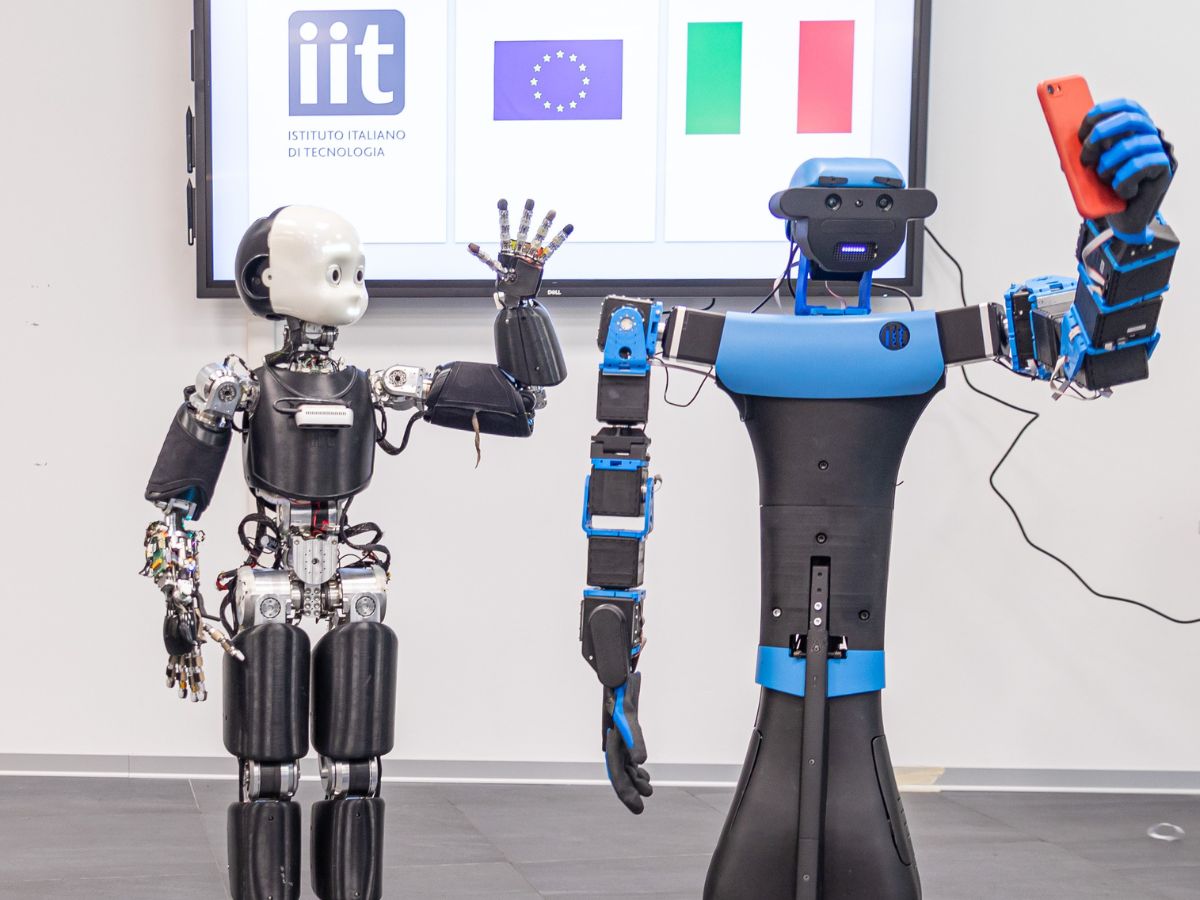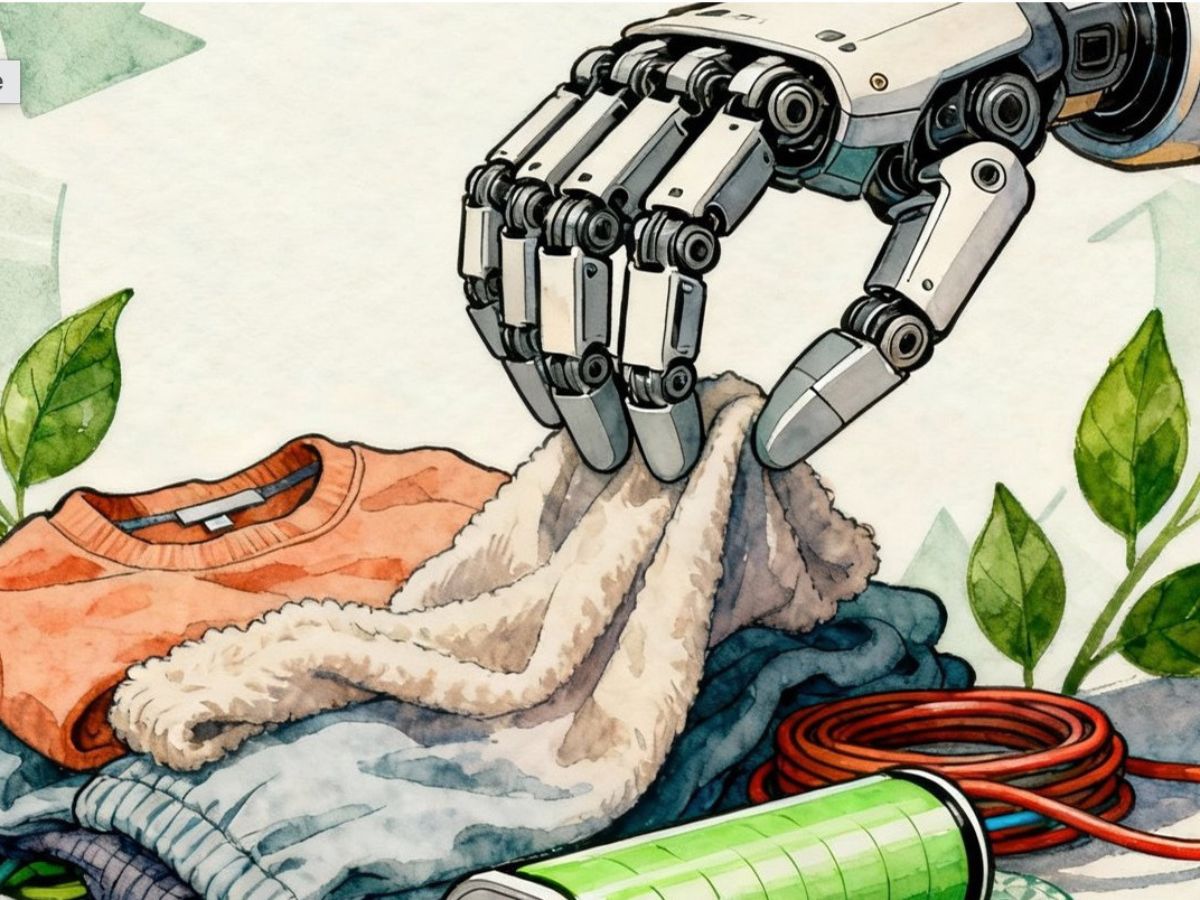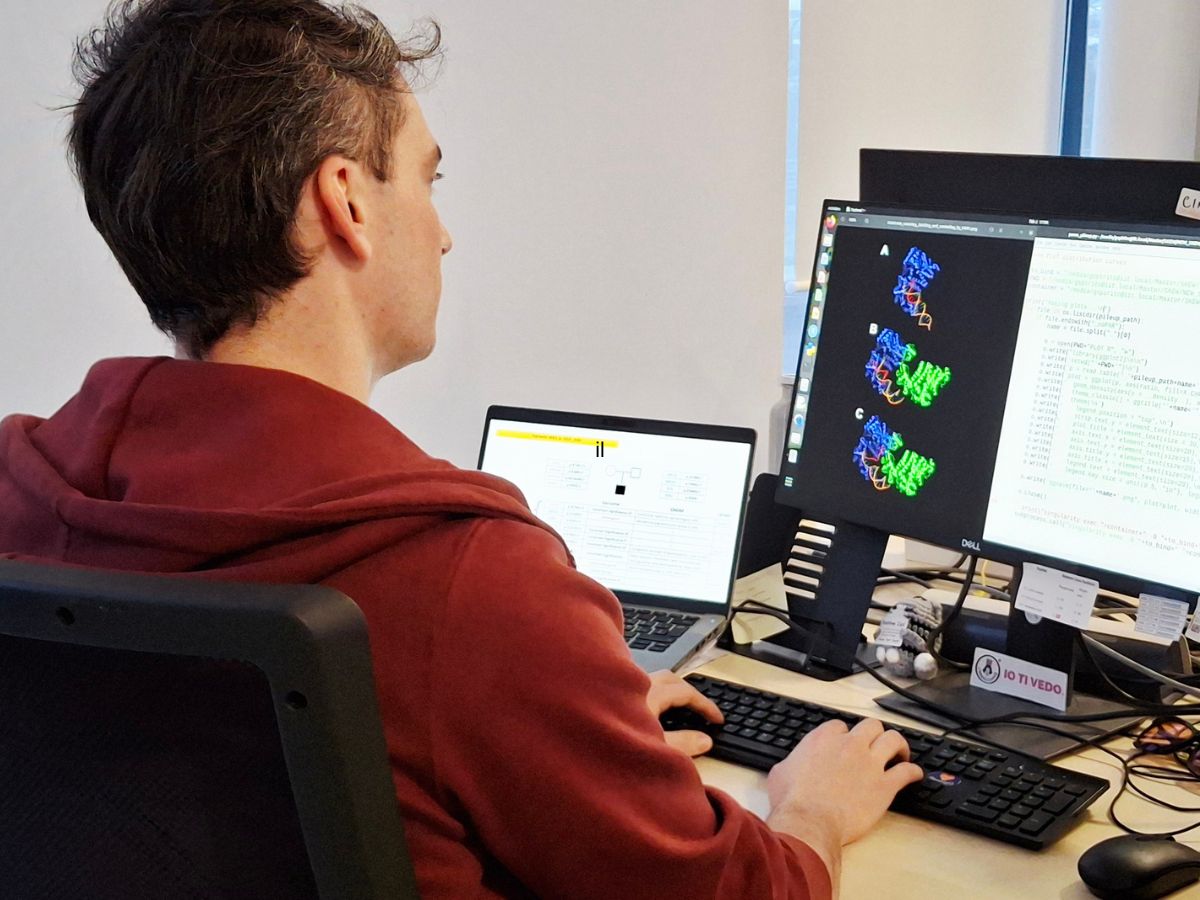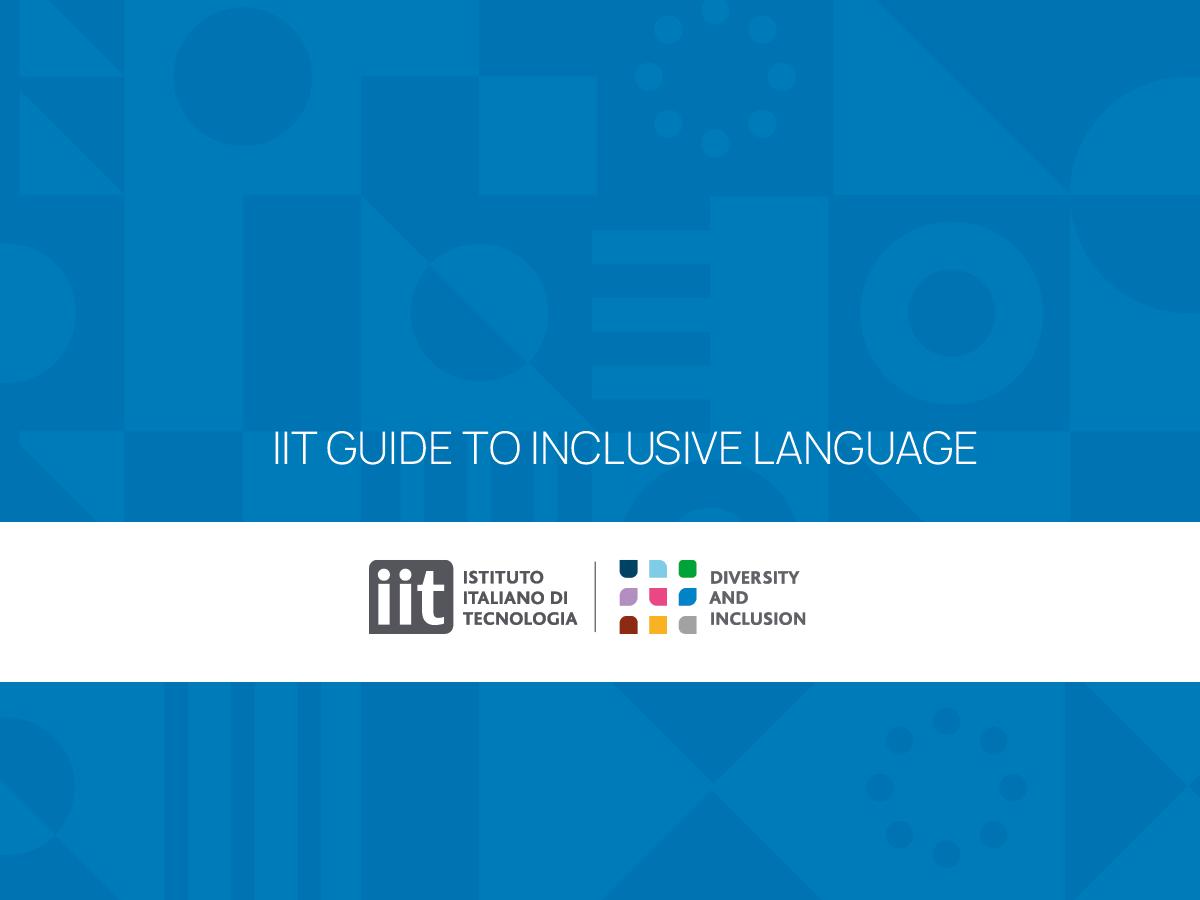The iCub and AlterEgo teams are the only ones representing Italy at the international competition in Los Angeles, against 15 other teams
The iCub robot advanced teleoperation system enabled humans to visit remotely Venice staying 300 kilometers away; Alter Ego robot met and shook hands with TV stars, journalists and several people thanks to the operator that controlled it at distance. The two robots, the two research teams at IIT-Istituto Italiano di Tecnologia (Italian Institute of Technology) working on Avatar technologies, are now ready to compete for the 8 million dollars prize contest, ANA Avatar X Prize, in Los Angeles (USA) on 4-5 November. The international challenge sees 17 finals teams in total from 10 countries of the world, which will compete live and push the boundaries of telepresence technology. The IIT teams are the only ones representing Italy and 2 out of 5 teams coming from the European Union.
The ANA Avatar X Prize is a four-year global competition focused on the development of an Avatar System that will transport a human’s sense, actions, and presence to a remote location in real time, leading to a more connected world. It was launched in March 2018 and, after a Semi-Final competition, 20 teams were announced as Finalists in May 2022.
The Finals Prize Purse is of eight million US dollars and will be divided among the top ranking teams as First (five million dollars), Second (two million dollars), and Third Place (one million dollars) Awards.
The two IIT teams, iCub and AlterEgo, will compete against groups coming from USA (5 teams), Mexico (1), South Korea (2), Japan (2), Singapore (1), UK (1), France (1), Germany (1) and the Netherlands (1).
“The participation of two IIT teams in this international challenge shows that IIT can generate high quality innovative technological solutions. These solutions will certainly shape the future of work in various industries” comments Giorgio Metta, Scientific Director of the Istituto Italiano di Tecnologia. “We are at the forefront of robotics, control theory and digital technologies. We expect that avatar technologies will be key to improve healthcare, disaster intervention and industrial productivity”.
IIT’s AlterEgo, for instance, adapts to both heavy duties and delicate tasks. It is a collaborative, modular lightweight robot with a humanoid upper body and a wheel-based mobile platform, designed for safe and effective interaction. Wheels enable agile navigation in narrow spaces. AlterEgo exploits soft robotics to create effective, versatile, and intuitive avatars for the real world that even the most naïve operator can use to live a remote environment. Its application may be in healthcare, inspection, maintenance, hazardous material handling, and social interaction. The team is led by Manuel G. Catalano, researcher in the IIT SoftBots research Line.
The iCub avatar system is mainly composed by the legged humanoid robot iCub3 and the wearable technologies – named iFeel – born in the EU-funded project AnDy and further developed in collaboration with INAIL (the National Institute for Insurance against Accidents at Work). iCub 3 avatar system allows remote verbal, non-verbal and physical interaction and represents a perfect starting point when looking for platforms to emulate humans for many interaction aspects. Applications will be in different fields, like healthcare and logistics. In the future it may allow people with severe physical disabilities to work and accomplish tasks in the real world via the robotic body, being an evolution of rehabilitation and prosthetics technologies. The team is coordinated by Daniele Pucci, Principal Investigator of the Artificial and Mechanical Intelligence (AMI) Lab at IIT in Genova.
Competing teams will face 10 different tasks within a race arena of about 45 meter long whose main features are still unknown. The exact details of distances, platform or workspace heights, and object locations will not be disclosed prior November 2nd, 2022, when teams will be allowed to start pre-testing. Possible objects that teams might handle remotely are an on-off switch, a closed bottle, a drill and some rocks.
The winning team will be the one who will be able to integrate multiple emerging technologies to develop a physical, non- autonomous Avatar System with which an operator can see, hear, and interact within a remote environment in a manner that feels as if they are truly there.
X Prize is a US-based non-profit organization that designs and hosts public competitions intended to encourage technological development to benefit humanity; previous challenges boosted space technologies and inspired the launch of pioneering companies as Virgin Galactic, Blue Origin and SpaceX.






